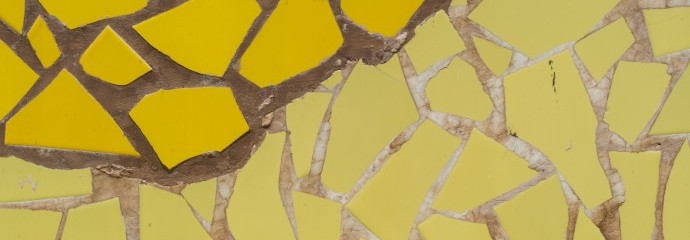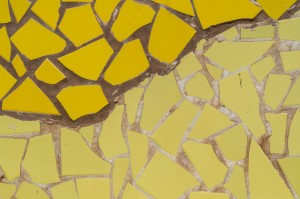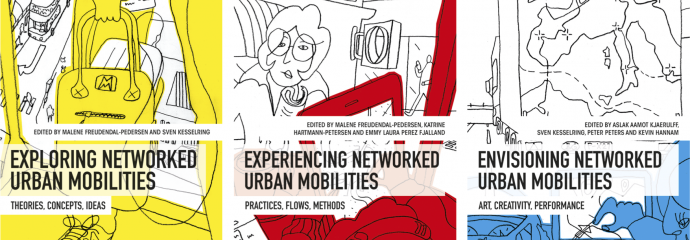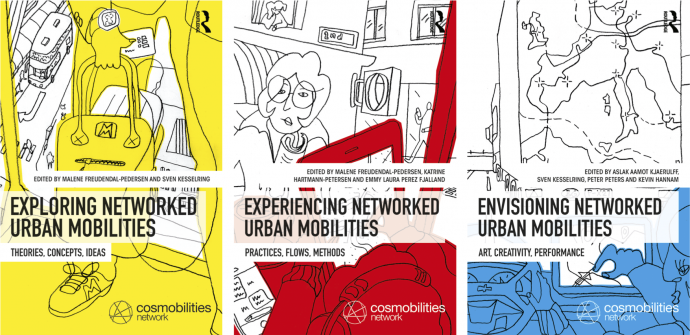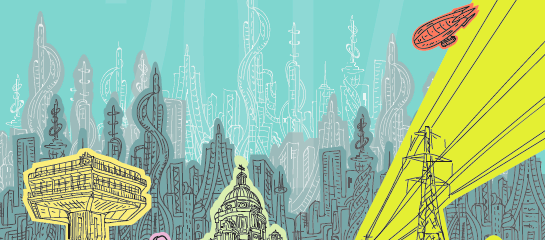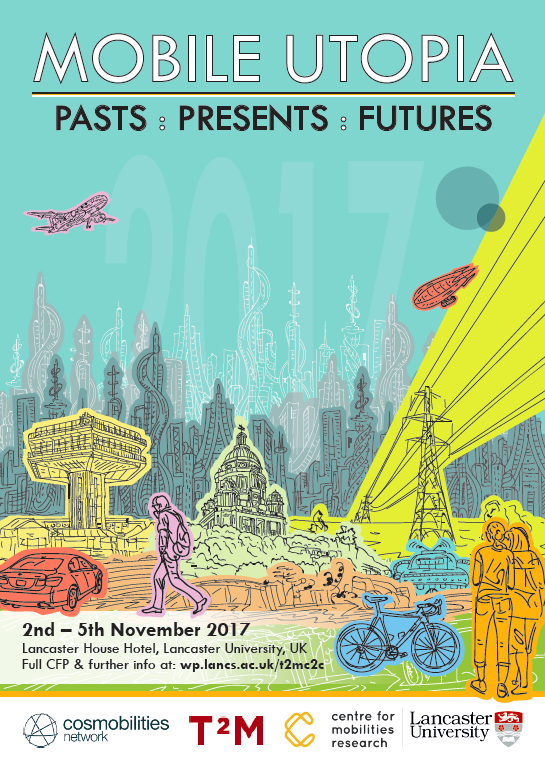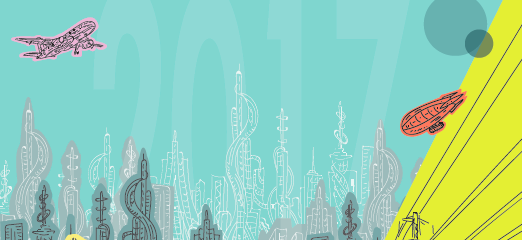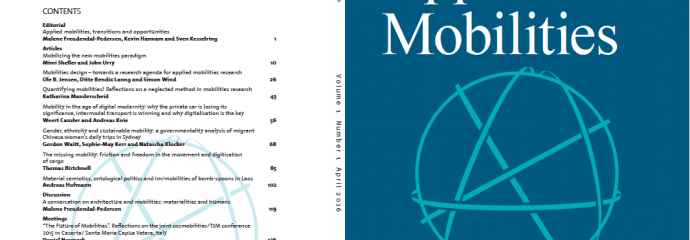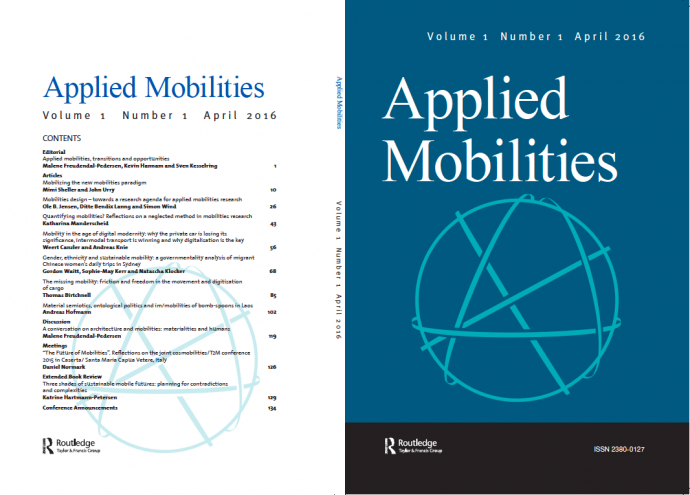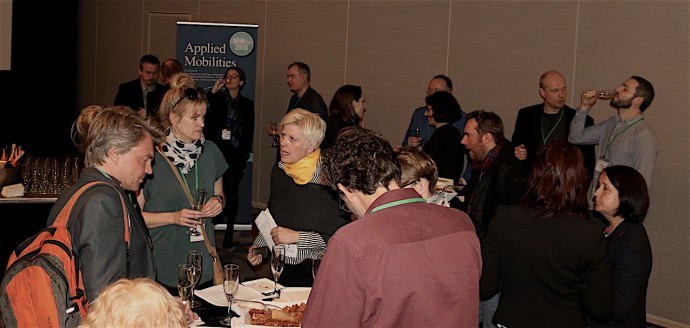International Conference on Mobilities, Health, Wellbeing and Tourism
Background
The relations between mobilities and health have been considered to be a central feature of today’s global society (Gatrell, 2011). Too much movement has often been attributed to various illnesses including bodily disruptions such as seasickness and jet-lag as well as mental ill-health such as homesickness, phobias. However, travel is also seen as being ‘good for the soul’, part of quasi-spiritual quests to become more healthy in mind and body. Such human mobilities require healthy environments which are sustainable and resilient. Healthy mobilities need to be major goals for policies aiming at sustainable and liveable cities and environments.
In the context, the School of Tourism Management at Sun Yat-sen University will be hosting the International Conference of Mobilities, Health, Wellbeing and Tourism. The conference will invite scholars studying mobilities, health, wellbeing and tourism from universities in Asia, Europe and North America to share new ideas, new approaches and new trends in mobilities and health research. The issues on the relationship between different types of mobilities and health as well as its research status, development trends, opportunities and challenges will be discussed; and it is hoped that through this exchange platform, a good academic sharing and cooperation could be established, and a large number of young scholars will be trained and brought up to promote China’s tourism research to the world level.
Details
Date of the conference: November 29-December 2, 2018
Conference host: School of Tourism Management, Sun Yat-sen University
Conference Co-Organizer: Cosmobilities Network
Conference venue: Kaifeng Hotel at Sun Yat-sen University, Guang
Scientific committee
Prof. Bao Jigang, the School of Tourism Management, Sun Yat-sen University
Prof. Justin Spinney, Cardiff University
Prof. Malene Freudendal-Pedersen, Roskilde University
Prof. Sven Kesselring, Nurtingen-Geislingen University
Prof. Zhang Jun E, the School of Nursing, Sun Yat-sen University
Prof. Zhou Suhong, the School of Geography and Planning, Sun Yat-sen University
Conference Chair
Prof. Xu Honggang, the School of Tourism Management, Sun Yat-sen University
Prof. Kevin Hannam
Call for papers – See the call for papers
Preliminary conference program
- Nov. 29th, 2:00pm to 5:00pm: workshop about theories and methodologies of mobilities studies. Chaired by Prof. Kevin Hannam, Dr Malene Freudendal-Pedersen, Prof. Sven Kesselring
- Nov. 30th: opening ceremony, key note sessions, paper session
- Dec. 1st: paper sessions, closing ceremony
- Dec. 2nd: field trip (optional). Mobilities in metropolitan Guangzhou
Contact
Ke Wang
Tel: +86 13750012259
Email: mobilities_health@163.com
Address: The School of Tourism Management, Sun Yat-sen University. No.135, Xin Gang Xi Road, 510275, Guangzhou, P. R. China
Registration – conference
- Early bird registration: payment before 30 September, 200 Euro (for regular participants)/120 Euro (for graduate students);
- Regular registration: payment after 30 September, 240 Euro (for regular participants)/130 Euro (for graduate students).
- Participants need to cover travel and accommodation expenses by themselves.
- In order to ensure that the participants get the invoice of the registration fee as soon as possible, after you remit the registration fee, please send an e-mail to this E-mail address(mobilities_health@163.com) and the mail subject should be marked ‘mobilities and health International Symposium + name + Invoice title’ for our verification.
Payment
Participants are required to remit the registration fee to the following account, and mark ‘mobilities and health International Symposium + name’ when remitting. After you remit the registration fee, please let us know by sending an e-mail (mobilities_health@163.com) and the mail subject should be marked ‘mobilities and health International Symposium + name + Remittance’.
Name in an account book: Sun Yat-sen University
Bank of deposit:Industrial and Commercial bank of China, Guang Dong branch, sub-branch of Sun Yat-sen University
Bank Address:No.135 Xin Gang Xi Road Guang Zhou P.R China
Swift code:ICBKCNBJGDG
Account number:3602864809100002723
(Notice: Please pay the registration fee during the working hours in China, that is, Monday to Friday 09:00-17:00, except holidays, so as to complete the payment smoothly. Also please pay attention to the time difference between different countries.)
Hotel recommendations
- Kaifeng Hotel at Sun Yat-sen University Address: Science and Technology Cultural Exchange Center at Binjiang East 588 Sun Yat-sen University North Gate, Haizhu District, Guangzhou. Telephone: 020-89222888
- Guangzhou New Pearl River Hotel Address: Binjiang East 795, Haizhu District, Guangzhou. Telephone: 020-34255335
- Peninsula Yacht Hotel Address: Binjiang East 81, Haizhu District, Guangzhou. Telephone: 020-34280123

